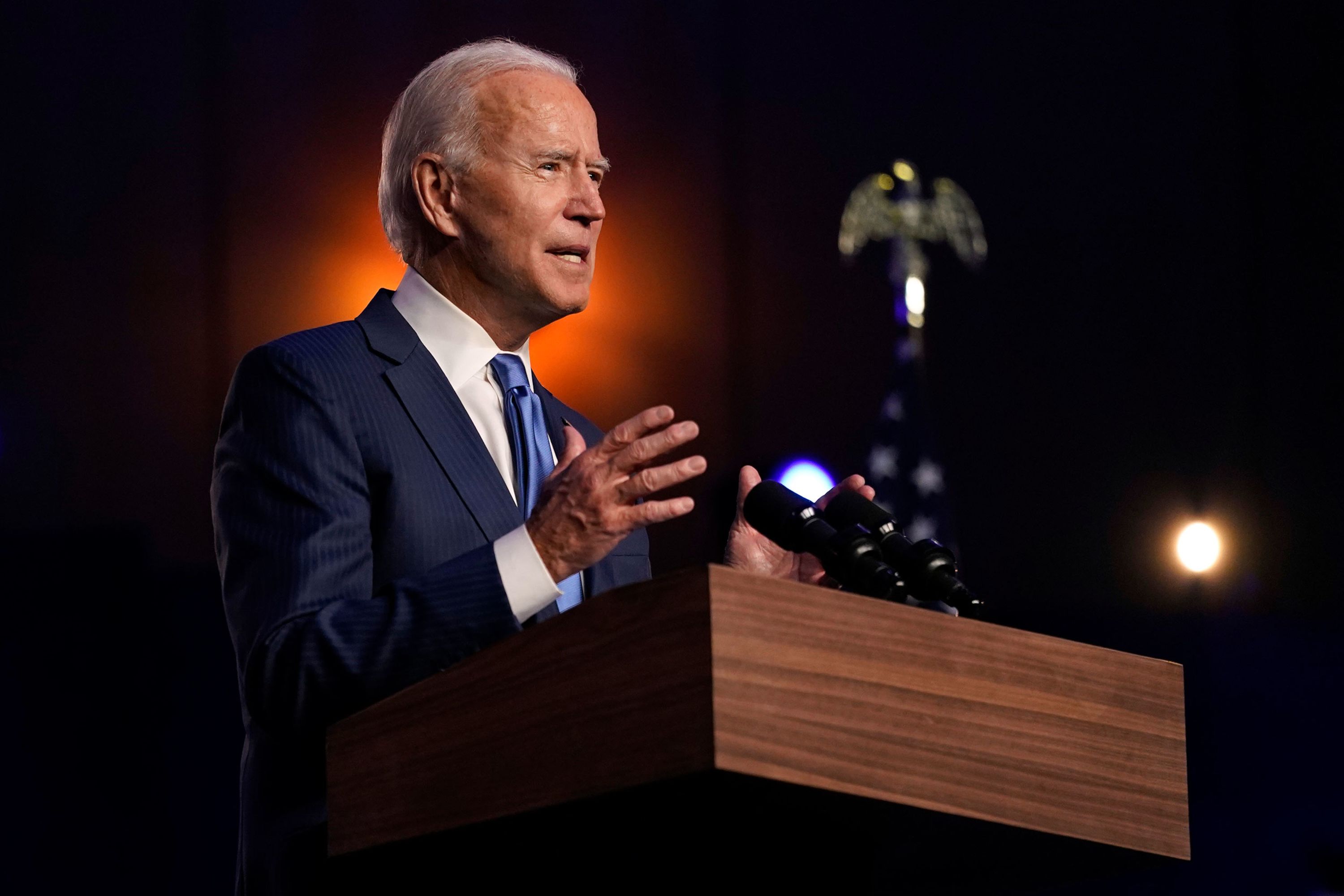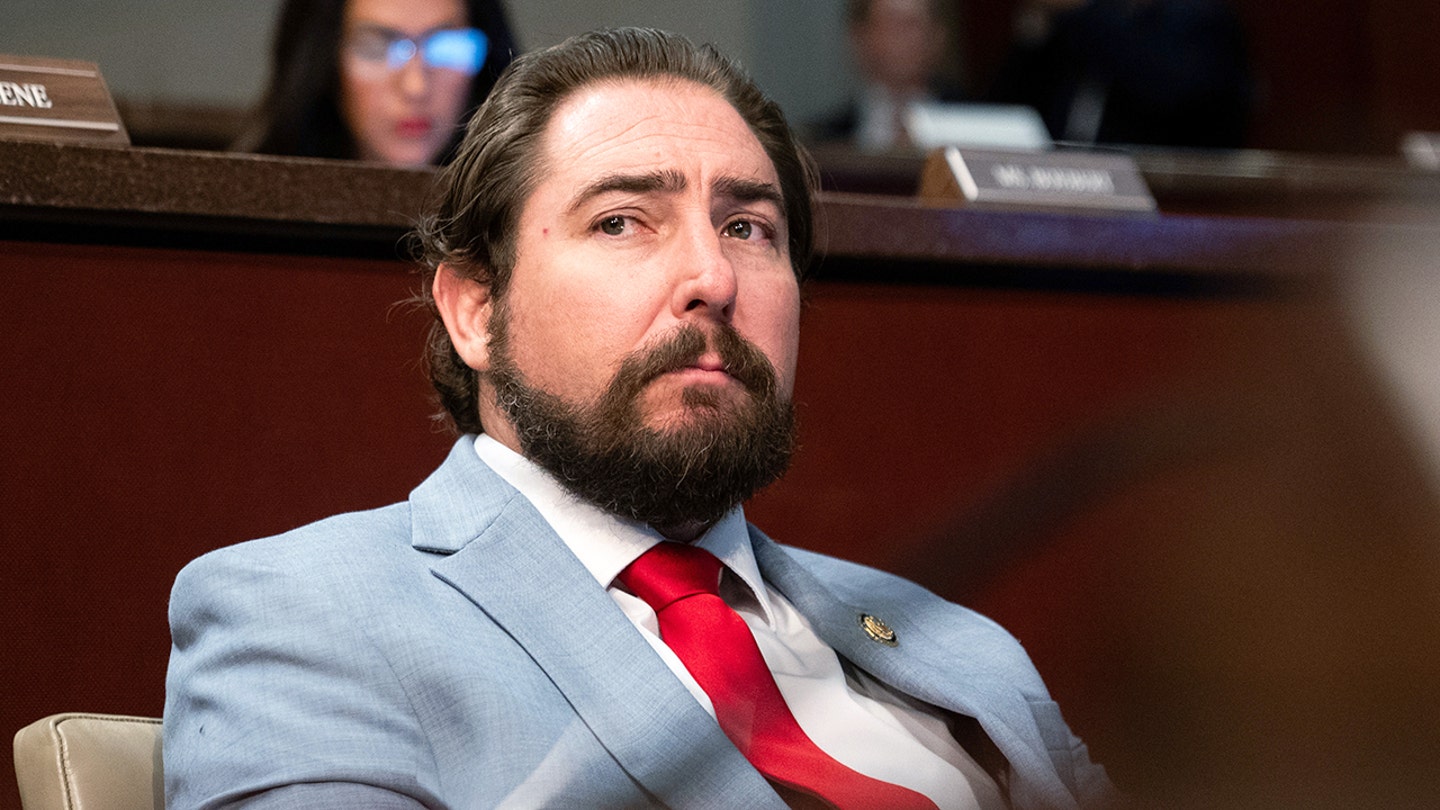
Trump’s empty threats on Russia sanctions
Entities mentioned:
- Donald Trump: Power, Control, Recognition
- Vladimir Putin: Power, Control, Self-preservation
- Volodymyr Zelensky: Unity, Self-preservation, Determination
- Barack Obama: Legacy, Influence, Justice
- Marco Rubio: Influence, Professional pride, Duty
- Lindsey Graham: Influence, Competitive spirit, Duty
- Mike Pence: Ambition, Loyalty, Influence
Article Assessment:
Credibility Score: 75/100
Bias Rating: 45/100 (Center)
Sentiment Score: 35/100
Authoritarianism Risk: 25/100 (Generally Democratic)
Bias Analysis:
The article presents a balanced view, including multiple perspectives and factual information. While critical of Trump's actions, it also provides context and explanations for potential strategy changes, maintaining a relatively centrist approach.
Key metric: Foreign Policy Effectiveness
As a social scientist, I analyze that this article highlights a significant shift in Trump's foreign policy approach towards Russia, particularly regarding sanctions. The repeated threats of sanctions without follow-through undermines U.S. credibility on the international stage. This inconsistency between rhetoric and action could weaken the U.S.'s negotiating position and its ability to influence global events, especially concerning the ongoing conflict in Ukraine. The article suggests that Trump's current stance may be giving Putin more time and leverage, potentially prolonging the conflict. This situation could lead to a decrease in the perceived effectiveness of U.S. foreign policy, as allies and adversaries may question the reliability of U.S. commitments and threats.
- Read more about Trump’s empty threats on Russia sanctions
- Log in to post comments

How Ken Paxton keeps pushing the legal envelope
Entities mentioned:
- Ken Paxton: Ambition, Power, Influence
- Texas House Democrats: Righteousness, Justice, Duty
- Donald Trump: Power, Influence, Legacy
- John Cornyn: Self-preservation, Duty, Professional pride
- Beto O'Rourke: Justice, Influence, Moral outrage
- Barack Obama: Legacy, Justice, Influence
- Joe Biden: Duty, Justice, Unity
Article Assessment:
Credibility Score: 75/100
Bias Rating: 55/100 (Center)
Sentiment Score: 35/100
Authoritarianism Risk: 65/100 (Authoritarian Tendencies)
Bias Analysis:
The article presents a balanced view of Paxton's actions, including both supporter and critic perspectives. While it leans slightly critical of Paxton, it provides context and background for his actions without overtly partisan language.
Key metric: Political Polarization Index
As a social scientist, I analyze that Ken Paxton's aggressive legal tactics and partisan use of his office as Texas Attorney General significantly contribute to increasing political polarization. His actions, from challenging election results to targeting Democratic policies and blue states, exacerbate the divide between conservatives and liberals. This approach, while potentially beneficial for his political ambitions, risks undermining the integrity of democratic institutions and the rule of law. The article highlights how Paxton's strategies, though sometimes legally questionable, resonate with his conservative base, further entrenching partisan divisions. This pattern of using legal authority for political gains could have long-term consequences on public trust in government institutions and the balance of power between state and federal authorities.

Obama praises Texas Democrats and calls state redistricting effort ‘a systematic assault on democracy’
Entities mentioned:
- Barack Obama: Justice, Democracy, Influence
- Texas House Democrats: Righteousness, Justice, Determination
- Republican Party: Power, Control, Self-preservation
- California: Justice, Competitive spirit, Influence
- Gavin Newsom: Justice, Competitive spirit, Influence
- Eric Holder: Justice, Democracy, Influence
- Donald Trump: Power, Control, Self-preservation
Article Assessment:
Credibility Score: 75/100
Bias Rating: 35/100 (Lean Left)
Sentiment Score: 35/100
Authoritarianism Risk: 25/100 (Generally Democratic)
Bias Analysis:
The article leans left in its framing, giving more voice and positive portrayal to Democratic figures and their motivations. While it includes some Republican perspective, it predominantly presents the Democratic view of the redistricting issue.
Key metric: Electoral Integrity
As a social scientist, I analyze that this article highlights a significant debate over redistricting efforts in Texas, with implications for broader democratic processes in the United States. The involvement of former President Obama lends weight to the Democrats' stance against what they perceive as unfair gerrymandering by Republicans. The article frames the issue as a struggle for democratic integrity, with Republicans portrayed as attempting to manipulate the system for political gain. This conflict reflects deeper tensions in American politics regarding representation, electoral fairness, and the balance of power between parties. The mention of other states like California responding to these actions suggests a potential escalation of partisan map-drawing across the country, which could have long-term effects on electoral outcomes and political polarization. The article also touches on broader concerns about democratic erosion, linking redistricting to other issues such as voter suppression and executive overreach, indicating a complex interplay of factors affecting the key metric of Electoral Integrity.

Texas Democrats signal they are ready to end redistricting standoff and return to state
Entities mentioned:
- Texas Democratic lawmakers: Justice, Influence, Righteousness
- Texas Republicans: Power, Control, Ambition
- Donald Trump: Influence, Power, Legacy
- California Democrats: Competitive spirit, Justice, Influence
- Greg Abbott: Control, Power, Determination
- Barack Obama: Influence, Unity, Justice
Article Assessment:
Credibility Score: 75/100
Bias Rating: 55/100 (Center)
Sentiment Score: 40/100
Authoritarianism Risk: 35/100 (Generally Democratic)
Bias Analysis:
The article presents perspectives from both Democrats and Republicans, though it provides more detailed coverage of Democratic actions and motivations. While it maintains a generally neutral tone, there's a slight lean towards framing the Democrats' actions more sympathetically.
Key metric: Electoral Competitiveness
As a social scientist, I analyze that this article highlights a significant political struggle over redistricting in Texas, with potential national implications for the balance of power in the U.S. House of Representatives. The Texas Democrats' temporary exodus to deny quorum was a strategic move to delay Republican-led redistricting efforts, which could result in additional Republican seats. This standoff reflects broader tensions in American democracy, particularly regarding voting rights and political representation. The involvement of other states, notably California, in potentially offsetting Texas' redistricting impact, demonstrates the interconnected nature of state-level political maneuvering in shaping national electoral outcomes. This situation underscores the critical role of redistricting in determining electoral competitiveness and representation, potentially affecting the overall health and fairness of the democratic process.

Do Democrats have a Zohran Mamdani problem?
Entities mentioned:
- Zohran Mamdani: Ambition, Recognition, Influence
- Democratic Party: Self-preservation, Power, Unity
- Republican Party: Competitive spirit, Power, Control
- Barack Obama: Influence, Legacy, Unity
Article Assessment:
Credibility Score: 75/100
Bias Rating: 45/100 (Center)
Sentiment Score: 50/100
Authoritarianism Risk: 25/100 (Generally Democratic)
Bias Analysis:
The article presents a balanced view, offering both positive and negative aspects of Mamdani's candidacy and its potential impact. It cites various polls and presents multiple perspectives, indicating an effort to maintain neutrality.
Key metric: Democratic Party Approval Rating
As a social scientist, I analyze that Zohran Mamdani's rise to prominence as the Democratic nominee for New York City mayor poses both opportunities and challenges for the Democratic Party. His socialist policies and controversial past statements on issues like policing and Israel could potentially alienate moderate voters and damage the party's image. However, polling suggests that some of his progressive ideas are popular among voters, and the evolving public opinion on issues like Israel might mitigate some potential negative impacts. The Democratic Party's response, including hesitancy from some members to endorse him, reflects concern about how Mamdani's candidacy might affect their broader electoral prospects. The Republicans' eagerness to use Mamdani as a campaign tool against Democrats nationally indicates they see his candidacy as a vulnerability for their opponents. The article suggests that while Mamdani's socialist label and some past statements could be problematic, the impact on the Democratic Party will largely depend on how he campaigns and potentially governs, as well as how effectively he moderates his image and message.
- Read more about Do Democrats have a Zohran Mamdani problem?
- Log in to post comments

In pictures: Former President Joe Biden
Entities mentioned:
- Joe Biden: Ambition, Legacy, Duty
- Donald Trump: Power, Competitive spirit
- Kamala Harris: Ambition, Loyalty, Unity
- Barack Obama: Legacy, Influence
- Jacquelyn Brittany: Recognition, Enthusiasm, Loyalty
- Democratic Party: Unity, Power, Self-preservation
Article Assessment:
Credibility Score: 70/100
Bias Rating: 40/100 (Lean Left)
Sentiment Score: 55/100
Authoritarianism Risk: 25/100 (Generally Democratic)
Bias Analysis:
The article leans slightly left, evidenced by its sympathetic portrayal of Biden and positive framing of Democratic figures. However, it maintains a relatively balanced tone by including factual information about Biden's career and electoral history.
Key metric: Political Stability and Absence of Violence
As a social scientist, I analyze that this article highlights significant shifts in the U.S. political landscape, particularly focusing on Joe Biden's career trajectory and the events leading to his withdrawal from the 2024 presidential race. The emphasis on Biden's decision to step aside for the 'good of the party and country' suggests a prioritization of party unity and political stability over personal ambition. The inclusion of Jacquelyn Brittany's story underscores the importance of relatability and personal connection in political narratives. The transition of support to Kamala Harris indicates a potential shift in party leadership and strategy, which could have substantial implications for the Democratic Party's future direction and electoral prospects. This political reshuffling may impact the country's political stability metric by introducing uncertainty in leadership transition and potentially altering policy directions.
- Read more about In pictures: Former President Joe Biden
- Log in to post comments

Golf for them, grind for us: Trump, Vance and the hellish US holiday divide
Entities mentioned:
- Donald Trump: Power, Recognition, Self-preservation
- JD Vance: Ambition, Recognition, Influence
- Barack Obama: Legacy, Influence
- Microsoft: Competitive spirit, Influence, Greed
- Mercedes-Benz: Competitive spirit, Innovation, Greed
Article Assessment:
Credibility Score: 65/100
Bias Rating: 30/100 (Lean Left)
Sentiment Score: 25/100
Authoritarianism Risk: 20/100 (Strongly Democratic)
Bias Analysis:
The article leans left, criticizing conservative politicians and policies while advocating for more worker-friendly practices. The author's tone and selective use of examples demonstrate a clear ideological stance, though some factual information is included.
Key metric: Labor Force Participation Rate
As a social scientist, I analyze that this article highlights a growing disparity between the work-life balance of political elites and average American workers. The frequent vacations and leisure activities of politicians like Trump and Vance are contrasted with the lack of mandated paid time off for most US workers. This dichotomy may impact the Labor Force Participation Rate by contributing to worker burnout and dissatisfaction, potentially leading some to exit the workforce. The article's focus on 'infinite workdays' and technological encroachment on personal time further emphasizes the strain on the American workforce, which could discourage labor market participation and affect overall economic productivity.

Liberal comic who helped popularize podcasting explains why he turned down Hillary Clinton interview
Entities mentioned:
- Marc Maron: Professional pride, Self-respect, Integrity
- Hillary Clinton: Ambition, Power, Recognition
- Barack Obama: Legacy, Influence, Recognition
- Brendan McDonald: Professional pride, Ambition, Enthusiasm
Article Assessment:
Credibility Score: 75/100
Bias Rating: 55/100 (Center)
Sentiment Score: 45/100
Authoritarianism Risk: 20/100 (Strongly Democratic)
Bias Analysis:
The article presents multiple perspectives and quotes directly from the primary source. While it includes some commentary on political figures, it maintains a relatively balanced tone without overtly favoring any particular viewpoint.
Key metric: Media Trust and Influence
As a social scientist, I analyze that this article highlights the evolving landscape of media influence and the challenges faced by traditional political figures in connecting with audiences through new media formats. Maron's decision to decline an interview with Clinton reflects a growing skepticism towards politicians' ability to provide genuine, unscripted content in podcast interviews. This shift suggests a potential decline in the effectiveness of traditional political messaging strategies and an increased demand for authenticity in public discourse. The article also underscores the saturation of the podcast market, indicating a possible dilution of influence for individual shows and a fragmentation of audience attention.

Former Navy SEAL Rep. Eli Crane fires off message for ex-President Obama: 'Probably best to sit this one out'
Entities mentioned:
- Eli Crane: Righteousness, Loyalty, Duty
- Barack Obama: Legacy, Influence, Justice
- Mike Lee: Competitive spirit, Righteousness, Duty
- Scott Walker: Righteousness, Professional pride, Influence
- Kush Desai: Loyalty, Duty, Competitive spirit
- Donald Trump: Competitive spirit, Power, Legacy
Article Assessment:
Credibility Score: 70/100
Bias Rating: 65/100 (Lean Right)
Sentiment Score: 35/100
Authoritarianism Risk: 30/100 (Generally Democratic)
Bias Analysis:
The article leans right, giving more space to Republican critiques of the ACA. While it includes Obama's perspective, it provides multiple opposing viewpoints, including a critical White House statement, suggesting a slight conservative bias.
Key metric: Healthcare Affordability Index
As a social scientist, I analyze that this article highlights ongoing political tensions surrounding the Affordable Care Act (ACA). The debate centers on the efficacy and impact of the healthcare law, with Republicans criticizing its effects on affordability and Democrats defending its benefits. The involvement of various political figures, including a former president, current lawmakers, and administration officials, underscores the continued significance of healthcare policy in American politics. This discourse may influence public perception of healthcare accessibility and affordability, potentially impacting voter behavior and policy decisions.

Pam Bondi has a new probe into the handling of 2016 Russian meddling. John Durham already spent four years investigating it
Entities mentioned:
- Pam Bondi: Power, Loyalty, Ambition
- John Durham: Justice, Professional pride, Duty
- Donald Trump: Power, Revenge, Self-preservation
- Tulsi Gabbard: Influence, Ambition, Recognition
- Barack Obama: Legacy, Self-preservation, Righteousness
- FBI: Professional pride, Duty, Security
- CIA: Security, Professional pride, Duty
Article Assessment:
Credibility Score: 75/100
Bias Rating: 45/100 (Center)
Sentiment Score: 35/100
Authoritarianism Risk: 55/100 (Mixed/Neutral)
Bias Analysis:
The article presents multiple viewpoints and cites various sources, including critics of the new investigation. While it leans slightly towards skepticism of the new probe, it provides context from both sides, maintaining a relatively balanced perspective.
Key metric: Political Polarization Index
As a social scientist, I analyze that this article highlights the ongoing political polarization in the United States, particularly surrounding the 2016 election and Russian interference. The initiation of a new investigation by Attorney General Pam Bondi, despite previous extensive probes, suggests a continued effort to challenge established narratives. This action may further deepen the divide between political factions, potentially eroding public trust in institutions and the electoral process. The repeated investigations into the same matter, despite previous findings, indicate a pattern of using government resources for political purposes, which could have long-term implications for democratic norms and institutional integrity.